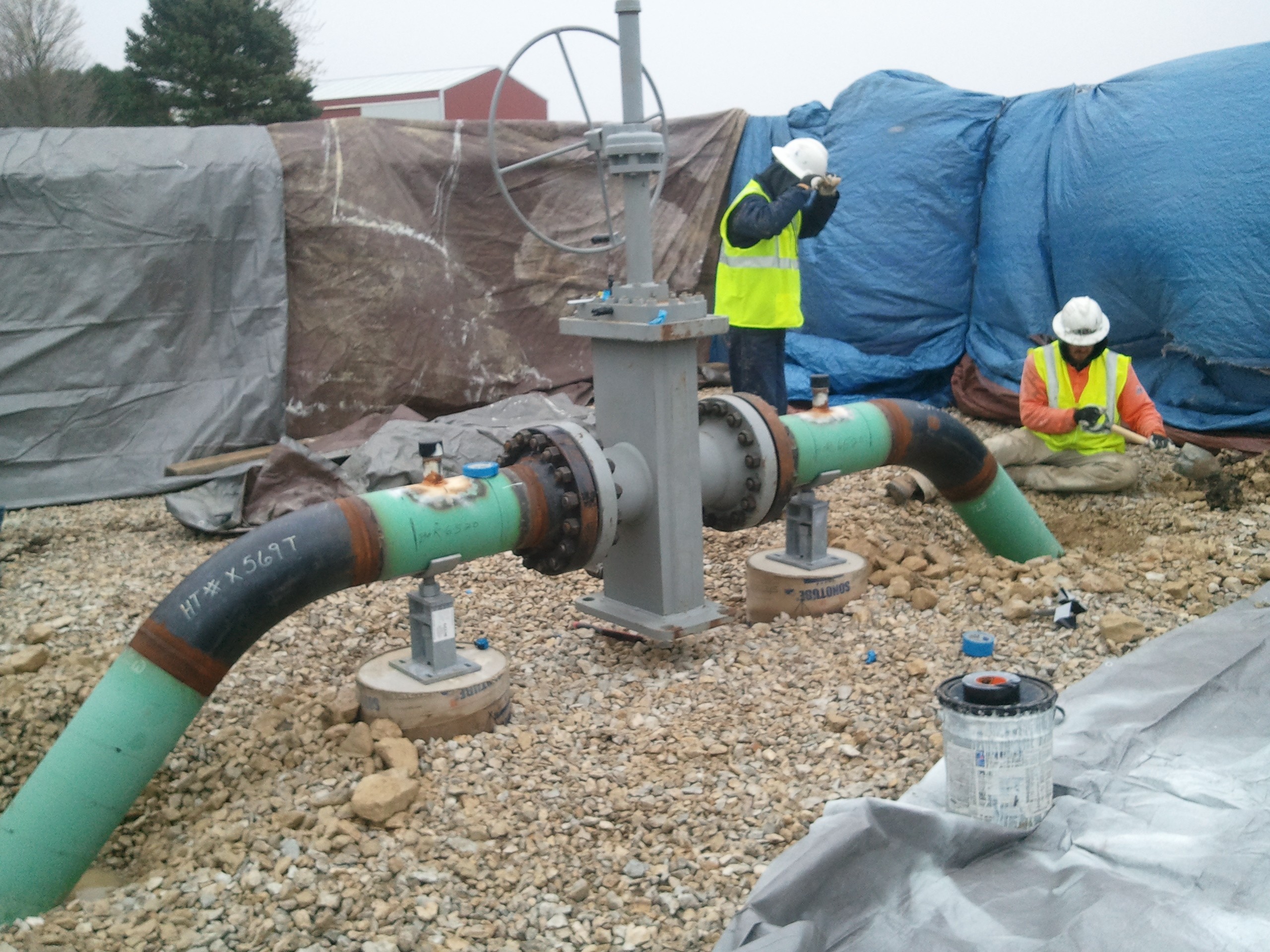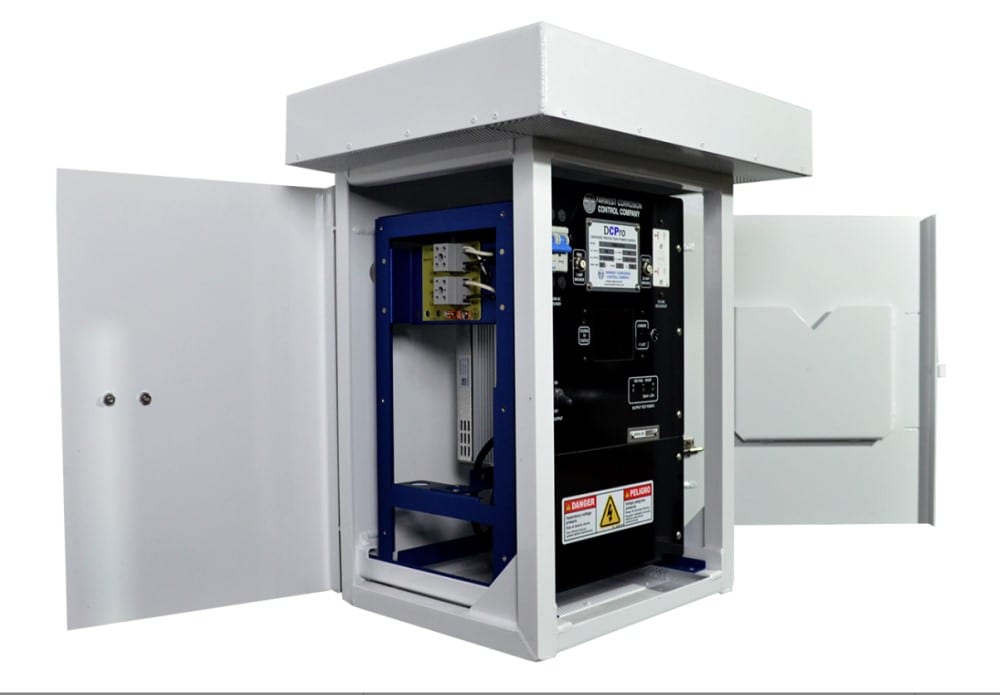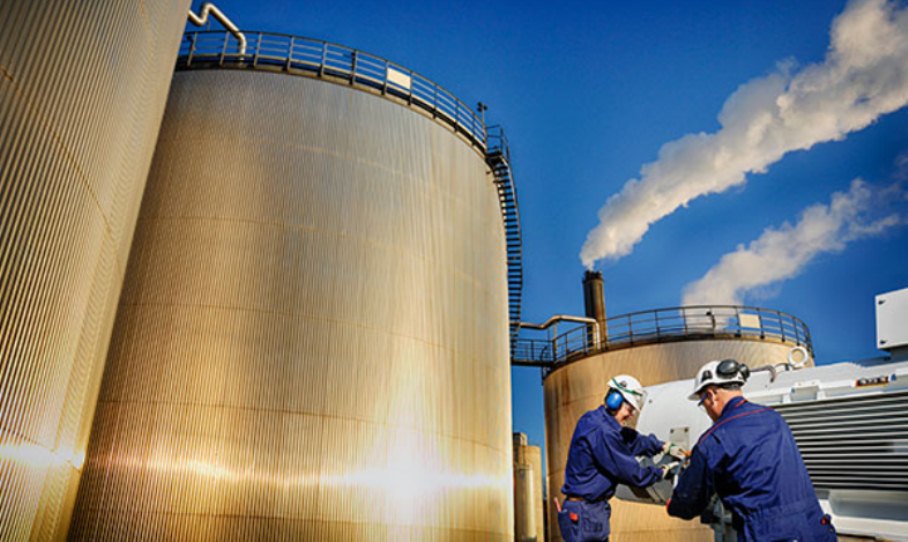

This course covers both the fundamentals and practices in designing, operating and maintaining cathodic protection of underground pipelines. An overview of the NACE standard on Pipeline External Corrosion Direct Assessment Methodology will also be presented.
By the end of this course, delegates will be able to:
Corrosion Control Engineers & Personnel, Process Engineers, Metallurgists, Inspection Personnel, Mechanical Engineers, Material Selection Personnel, Plant Contractors, Operations Engineers, Team Leaders & Supervisors, Maintenance Engineers, Maintenance Supervisors, Senior Plant Supervisors, Mechanical Engineers, Corrosion Control & Monitoring Systems Personnel, Equipment Engineers, Maintenance Engineers and Planners, Team Leaders, Managers & Coordinators, Construction Coordinators, Technologists, Safety Officers, Maintenance Team Leaders & Engineers, Design Engineers, Service Company Representatives, Oil and Gas Production Facilities Personnel, Chemists, Chemical Engineers, Inspectors and Inspection Engineers & Supervisors, Technicians and Supervisors, Environmental Specialists, New Petroleum Engineers, Asset Management Personnel, Construction Engineers, Refinery Chemists, Chemical Engineers, Personnel who are / will be responsible for detecting, inspecting, monitoring, controlling corrosion in oil and gas piping, pipelines used in production operations and Personnel responsible for metallurgy, corrosion or the prevention of failures in plant and equipment.
Primer on Chemistry and Metallurgy
Fundamentals of Corrosion
Cathodic Protection
Instrumentation for Cathodic Protection of Underground Pipelines
Cathodic Protection of Underground Pipelines
Stray Current Corrosion and Methods of Prevention
Pipeline Coatings
Field Joint Coatings
Cathodic Protection and Coatings
Pipeline Inspection: Survey Methods and Evaluation Techniques
CDGA attendance certificate will be issued to all attendees completing minimum of 75% of the total course duration.
| Code | Date | Venue | Fees | Register |
|---|---|---|---|---|
| PE117-02 | 14-06-2026 | Manama | USD 5450 | |
| PE117-03 | 13-09-2026 | Dubai | USD 5450 | |
| PE117-04 | 13-12-2026 | Amman | USD 5450 |

The course will teach the basics of chemistry and electrochemistry, introduce new insights into the mechanisms of CP based on literature, the effects of time variant interference (AC and DC), the rele ...

Maintaining the ageing infrastructure such as underground pipelines is a challenge to the oil and gas industry worldwide. Corrosion is one of the major causes of ageing the industrial infrastructures. ...
 (Conforming with NACE Standards).jpg)
This comprehensive Cathodic Protection Interference (CIP) course focuses on AC and DC interference. It provides in-depth coverage of both theoretical concepts and practical applications of identifying ...
Providing services with a high quality that are satisfying the requirements
Appling the specifications and legalizations to ensure the quality of service.
Best utilization of resources for continually improving the business activities.
CDGA keen to selects highly technical instructors based on professional field experience
Since CDGA was established, it considered a training partner for world class oil & gas institution
3012, Block 3, 30 Euro Business Park, Little Island, Co. Cork, T45 V220, Ireland
Mon to Fri 09:00 AM to 06:00 PM
Contact Us anytime!
Request Info